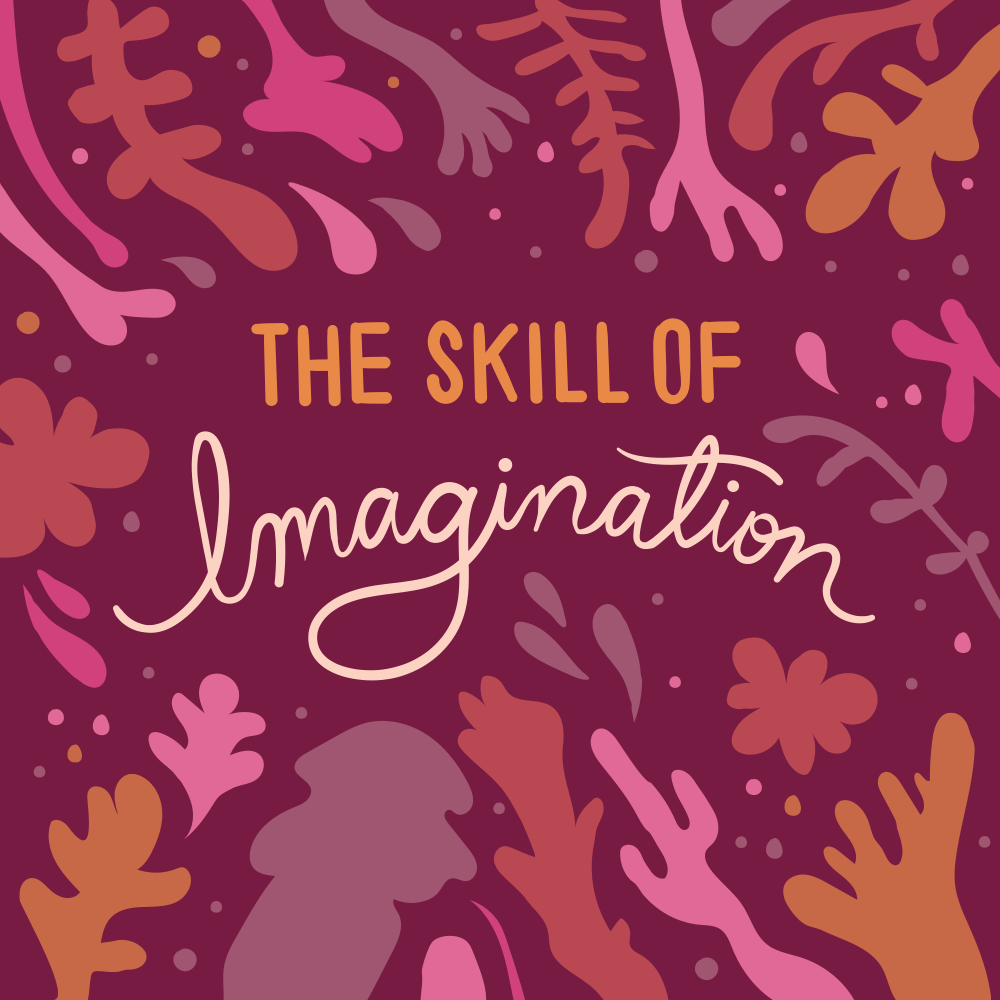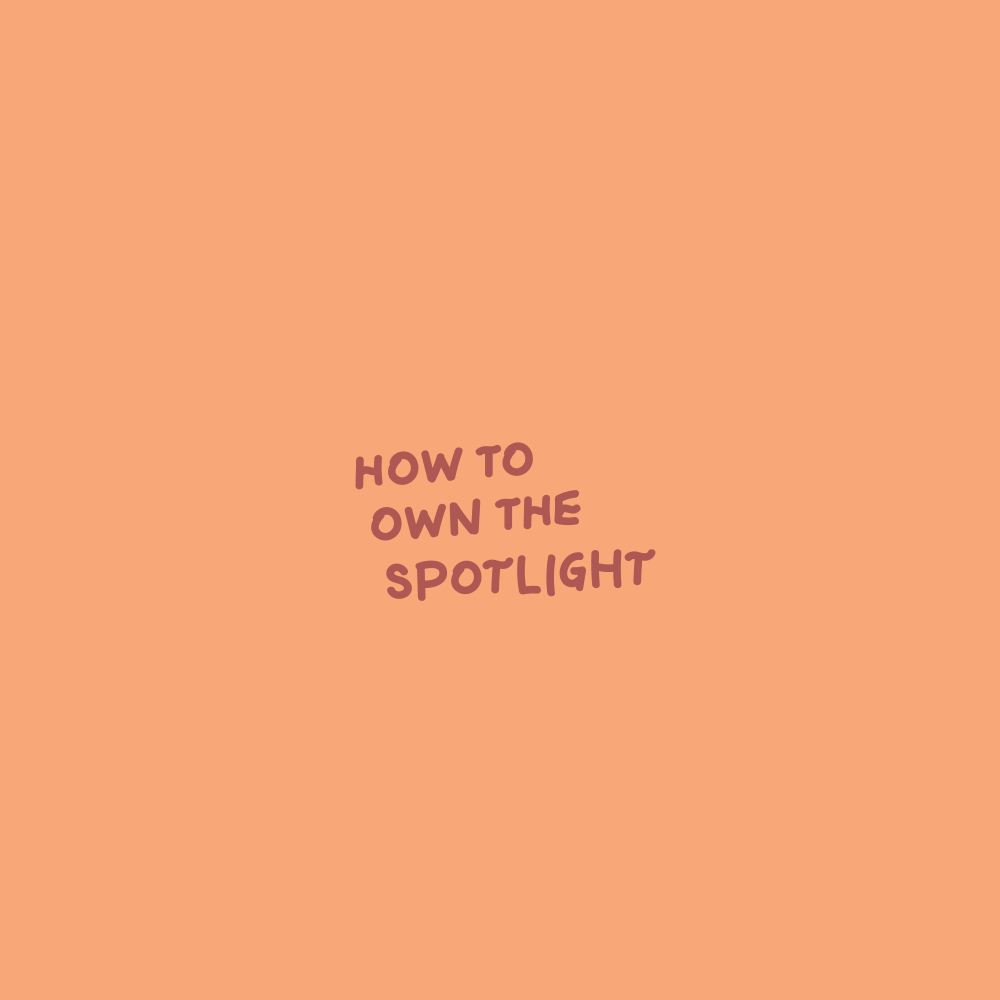The Skill of Imagination
What is the most important human skill?
There are a lot of contenders – leadership, communication, negotiation, empathy. But I would put my chips on a skill that’s usually not included on these lists, but provides the foundation for most of these other skills we seek: the skill of imagination.
What is imagination?
Imagination is defined as “the ability of the mind to be creative or resourceful” and “the action of forming new ideas, or images or concepts of external objects not present to the senses” (Oxford Dictionary). It’s about seeing the possibilities of things that aren’t there, or that don’t exist (yet!).
Someone with a “wild” imagination dreams up the impossible, the outlandish; their creations are seen as over-the-top or downright bizarre – until they become reality, that is. We see them as being impractical dreamers, but the most practical of inventions and discoveries are all born of imagination. As Albert Einstein noted (and demonstrated), “The true sign of intelligence is not knowledge but imagination”.
Why is imagination important?
The importance of imagination has never felt so obvious. Just take a moment to think about all the ways the world is messed-up right now, working within terrible and archaic systems. We humans adore complaining (a favourite pastime), but at a certain point (one would assume) you need to actually start pitching new solutions. And the act of forming new concepts that don’t currently exist? That is the serious domain of the imagination.
Artist-philosopher Jules de Gaultier claimed that “Imagination is the only weapon in the war against reality.” Or perhaps, as Douglas Adams (Hitchhiker’s Guide to the Galaxy author) suggests, all of reality is simply the result of a deranged imagination? Either way, imagination plays a central role.
How do we build our imagination capabilities?
If I may be so bold, I believe I have some expertise to offer in this area. I have been blessed with a very active imagination (or cursed, based on my non-ability to watch horror films). In fact, most of us start our lives as imagination pros: as children, we are experts at building make-believe worlds. But at some point the “silly” make-believe of Santa Claus is replaced with the “serious” make-believe of money, and we put away unicorns, secret gardens and magic for uncomfortable pants, taxes and capitalist endeavours (a terrible trade-off).
If I could make a living spending my days dreaming up outrageous, impractical, ridiculous, delightful and outlandish solutions for various industries, I would be in heaven. Please, drop me a line if “Imagination Procurement” comes up as a position in any of your workplaces, please and thank you.
In the meantime, I’ve tried to sum-up what exactly has fed my imagination in the past, and keeps it healthy and active today.
10 Rules for Building Imagination
Read for pleasure. Read, listen, or otherwise engage with as much fantasy, magic, and make-believe stories as possible.
Don’t keep track of time. Meander outside, sit and stare at a wall, people-watch with a coffee. Weirdly, boredom can act like a charger for the imagination – it gives it space to stretch its limbs.
Get lots of exposure to nature – hang out in forests, or at the very least by a big window that looks out onto a garden or trees. Ideally a spot where you are somewhat shut-off from any visible urban life.
Draw. The life skill that comes from drawing (which has nothing to do with your artistic abilities, by the way) is the skill of observation. When you are trying to draw something (whether you’re drawing from life or making something up in your brain) you must really look at it, slowly, intently: all its details, curves, gnarls, angles, and colours.
Dress-up. I feel lucky to have a mom that let me play dress-up in her wedding gown (seriously, we probably destroyed that thing), and hand-sewed us amazing Halloween costumes as kids. I’ve taken this joy of dressing-up into adulthood. Clothes are a way to try on a different character, role, or personality – in other words, to imagine different ways of being. Even a jaunty hat can be liberating! Give it a try – I dare you!
Dance. Alone, in the dark, no judgments (I like to put on Billy Idol’s Dancing With Myself, Bruce Springsteen’s Dancing In the Dark, and Robyn’s Dancing On My Own if you’re looking for a playlist). Dancing with other people is also great. There’s no wrong way to dance! Dancing (i.e. moving your body to music) is a way of letting your imagination explore in a tangible, physical way.
Remember the joy of the unknown: find something that you think you’d enjoy but are terrible at/have no skill in, and enjoy the process of doing it badly. Explore new places, try new foods, or (if you’re me) let the bartender surprise you with a custom cocktail.
Laughter is an imagination key. It unlocks delight. Find things (and people) that make you giggle.
Let yourself daydream. As an adult, I actually find the best time to daydream is at night. The next time you’re in bed, before you fall asleep, give it a try: build yourself a sweet or adventurous or fantastical story in your mind. There are no rules, no one to judge you: simply let your mind remember how to play.
Awe. Find things, people, and experiences that give you a feeling of awe – stuff that makes you feel like magic could really exist. Document these awe-inspiring things for yourself—a photo on a desk, handwritten note taped to your computer, a video, a token on a shelf, even an Instagram post—as a reminder of that magic.
All worthwhile skills are built on the skill of imagination. So the next time you’re daydreaming or drinking an exquisitely crafted cocktail, remember that you are making both practical and intelligent decisions. I’m sure Einstein would agree.







